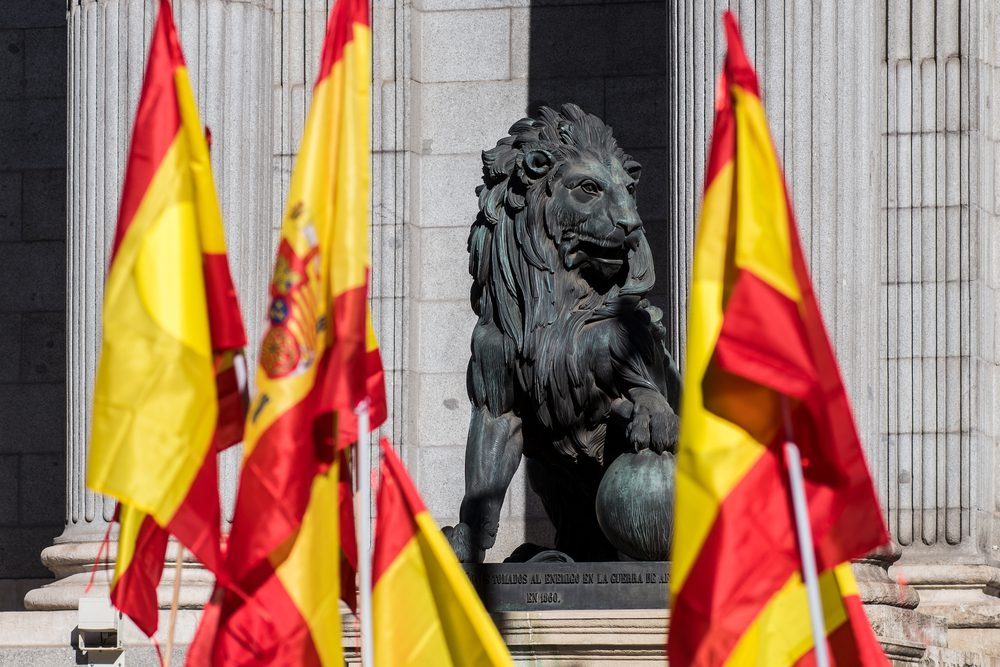This past Monday, July 3rd, the Constitutional Commission of the Spanish Congress approved the draft legislation for the new ‘Law of Historical Memory.’ The bill represents a revised version of the original law from 2007. That law was passed ostensibly to honor the memories of victims on both sides of the Spanish civil war from the 1930s, and those who suffered under the Franco regime (1939-1975). It has instead served to whitewash the brutality of the Left during the civil war.
Bildu, the political wing of the ETA terrorist group, was particularly instrumental in this regard. The draft law was approved with the support of the socialist party (PSOE), Podemos, the Basque Nationalist Party, and Bildu, with the Popular Party (PP), Ciudadanos. Esquerra Republicana, the farthest Left separatist Catalan party, chose to abstain from the vote, because, although it considers the legislation to be moving in the right direction, it would want it to go further than it does.
VOX voted against it.
The law has been criticized for assuming a historical narrative and having had its provisions applied asymmetrically. For example, the law makes reference to invalidating court decisions passed during Franco’s dictatorship. Rejecting the Franco-era state to this degree, however, implies rejecting the political reform that led to the current democratic constitution. Indeed, some analysts suspect this is partly the law’s intent, given that elements of the Left reject Spain’s constitutional monarchy.
Less subtly, the current version of the law fathoms the formation of a “Truth Commission.” The function of such a body would be to effectively restrict freedom of expression and impose a particular narrative concerning the Spanish civil war and Franco-era, as well as needlessly polarizing society.
VOX has pointed out the irony of a party that whitewashes ETA terrorists becoming the arbiter of “Historical Memory.”





